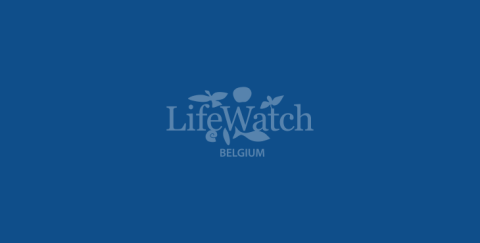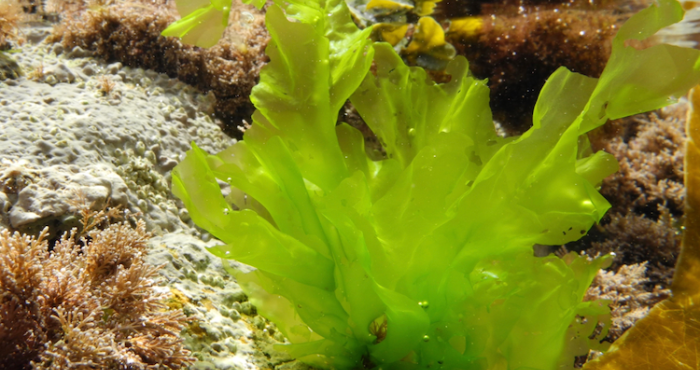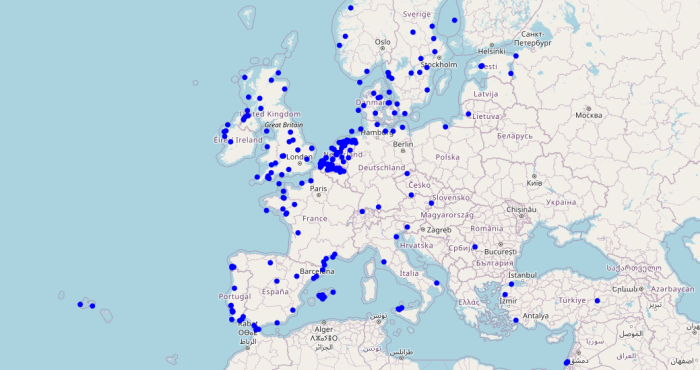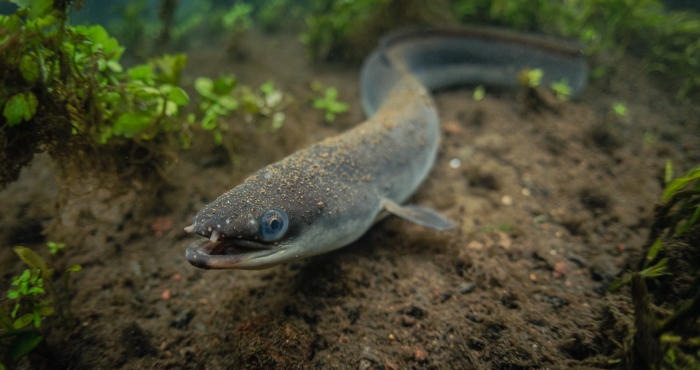Ultimate synchronisation of Hexacorallians of the World and WoRMS
For years, Daphne Fautin has kept her Hexacorallians of the World Database online. Early April, she has retired from her zoology job at the Kansas University and will be taking on new challenges.

Since the start of WoRMS, there has been a close collaboration between Daphne and the WoRMS Data Management Team, specifically for the Actiniaria and the Corallimorpharia. For these two groups, WoRMS depended on the Hexacorallian database of Daphne, and regular synchronisations from the Hexacorallian database to WoRMS were performed. For long, her database is seen as the ultimate source for hexacorallian information, serving the scientific community with its content and Daphne her knowledge.
Earlier this year, Daphne has retired and indicated that she will no longer be working to keep her database up-to-date. Therefore, the World Register of Marine Species has performed a final synchronization with her database and – in agreement with Daphne – started looking for a new taxonomic editor who can continue her work, but now through WoRMS. Together with Bert Hoeksema – chief editor of the Anthozoa – the search for a new editor begun and brought us to Meg Daly, Associate Professor at the Ohio State University. One of Meg her research topics encompasses the description of the taxonomic diversity of actiniarian sea anemones, from which WoRMS can benefit.
Through Meg her input, the list will stay up-to-date and can also form a renewed basis for other initiatives such as Catalogue of Life (CoL) and Encyclopedia of Life (EoL). On top of that, the LifeWatch Taxonomic Backbone can also benefit from this.
We would like to thank Daphne for a splendid collaboration of the last years and we wish her all the best. In parallel, we welcome Meg Daly and we’re delighted to have her on board of the WoRMS Editorial Board.
The synchronization has been made possible through support of LifeWatch, the E-Science European Infrastructure for Biodiversity and Ecosystem Research. LifeWatch is a distributed virtual laboratory which will be used for different aspects of biodiversity research. The taxonomic backbone of LifeWatch aims at bringing together taxonomic and species-related data and at filling the gaps in our knowledge. In addition, it gives support to taxonomic experts by providing them logistic and financial support for meetings and workshops related to expanding the content and enhancing the quality of taxonomic databases.
Earlier this year, Daphne has retired and indicated that she will no longer be working to keep her database up-to-date. Therefore, the World Register of Marine Species has performed a final synchronization with her database and – in agreement with Daphne – started looking for a new taxonomic editor who can continue her work, but now through WoRMS. Together with Bert Hoeksema – chief editor of the Anthozoa – the search for a new editor begun and brought us to Meg Daly, Associate Professor at the Ohio State University. One of Meg her research topics encompasses the description of the taxonomic diversity of actiniarian sea anemones, from which WoRMS can benefit.
Through Meg her input, the list will stay up-to-date and can also form a renewed basis for other initiatives such as Catalogue of Life (CoL) and Encyclopedia of Life (EoL). On top of that, the LifeWatch Taxonomic Backbone can also benefit from this.
We would like to thank Daphne for a splendid collaboration of the last years and we wish her all the best. In parallel, we welcome Meg Daly and we’re delighted to have her on board of the WoRMS Editorial Board.
The synchronization has been made possible through support of LifeWatch, the E-Science European Infrastructure for Biodiversity and Ecosystem Research. LifeWatch is a distributed virtual laboratory which will be used for different aspects of biodiversity research. The taxonomic backbone of LifeWatch aims at bringing together taxonomic and species-related data and at filling the gaps in our knowledge. In addition, it gives support to taxonomic experts by providing them logistic and financial support for meetings and workshops related to expanding the content and enhancing the quality of taxonomic databases.



